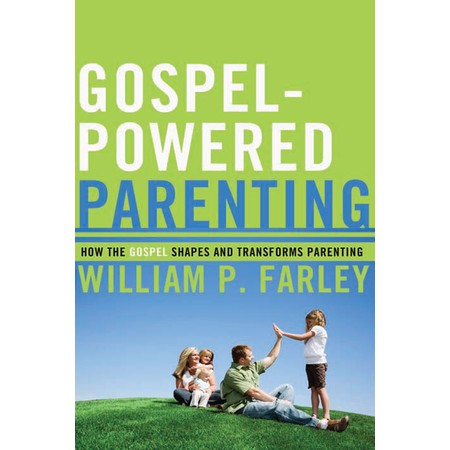Homeschoolers LOVE to talk about the benefits of homeschooling. Really, there are a lot of benefits! After my first 5 years of homeschooling, however, I have found that some of these benefits can be a bit... um... overstated? In fact, because I like to be somewhat sarcastic occasionally, I am going to give you my...
Top 10 Homeschooling Myths, Half-Truths and Propaganda.
Well, I will give you 5 today and 5 next week. This week are the silly ones, next week I'll try the more serious ones.
Just to make sure I don't offend anyone TOO much, I give you these definitions (cherry picked from the internet to fit my purpose):
Myth- idealized conception: a set of often idealized or glamorized ideas and stories surrounding a particular phenomenon, concept, or famous person
Half-Truth- A deceptive statement, especially one that is only partly true, incomplete, or misrepresents reality.
Propaganda- a form of communication that is aimed at influencing the attitude of a community toward some cause or position.
*To be sure, I don't think anyone told me these things in an attempt to deceive - we homeschoolers just sometimes get a little over-zealous in our attempts to convey our enthusiasm about homeschooling!*
Here we go!
1. We can do school in our PJ’s!
Half-Truth.
This is a bonus when you have toddlers, are sick or on snowy days, but let’s face it- It would just be lazy and weird if we did this every day. I need to get dressed so I don’t feel like a slug, if you know what I mean.
2. Homeschool takes less time than public school!
Propaganda.
We can complete our basic school subjects before lunch, but there are some days we don’t even BEGIN our subjects until after lunch. There have been years when we finished our school year WAY earlier than our public school neighbors, and the year that we did school half way through the summer because of family circumstances that stopped school altogether in the winter. Then there is the fact that homeschooling isn’t just doing school at home, it becomes a lifestyle. Sometimes we watch educational videos for family movie night, take vacations that are primarily educational and let’s face it, if Mom and Dad are doing the teaching, you NEVER leave school. So, although it is technically true that we are outside playing way before the public school neighbors get home, there is plenty of school going on at lots of other times as well.
3. They will probably be ahead of the public school kids no matter what you do!
Half-Truth.
I hear this one a lot when I am discouraged and wonder if we are doing all the things that we should be doing, or if I feel we are getting behind. A fellow homeschooler may encourage me with, “They are probably still ahead of the public school kids.” This is partly true. In general, studies say that homeschoolers are ahead of their public school counterparts in standardized test scores and other indicators. (See this info graphic.) However, just because the average homeschooler is generally ahead, doesn’t mean that if I neglect certain aspects of my child’s education that they will still be ahead, or even at the place they should be. There are plenty of times when my kids are ahead of “the curve”, but plenty of times when they are behind “the curve” either from my own neglect of a subject area or simply because my kid's ability is not as strong in that area. I need to be diligent to give my kids the skills they need and I also need to not have to compare them to public school kids as a measure of my effectiveness.
4. We don’t know what grade they are in!
Myth.
OK, so the child has a 12th grade reading level a 6th grade math level, a 2nd grade spelling level, knows Latin verb conjugations but has atrocious handwriting. Homeschooling allows for kids to work at their own pace, which is fantastic. But really, I think we all know what “grade level” our kids are in. It is really just another way to state age, really. The fourth year of school = fourth grade. If I am saying, “But my child started school when they were 2 years old”, maybe I just need to ask myself if my child’s performance is a matter of pride or self-righteousness and then, is that the message I want my kids to receive and send to others when someone asks them, “What grade are you in?”
5. Even going to the grocery store can be a field trip!
Myth.
People told me when I started homeschooling that everyday chores could be counted as school – I was so excited! It is true that our learning should consist of practical learning as well as the academic subjects and that is a benefit of homeschooling. But after dragging three boys on countless grocery store trips over the years… grocery shopping is not educational it is just survival!
Do you have any homeschooling myths, half-truths or propaganda that you would like to dispel for us? I would love to hear them in the comments!
Come back next Tuesday for the rest of my Top 10 Homeschooling Myths, Half-Truths and Propaganda. And don't forget to check out the other lists at Many Little Blessings today!




